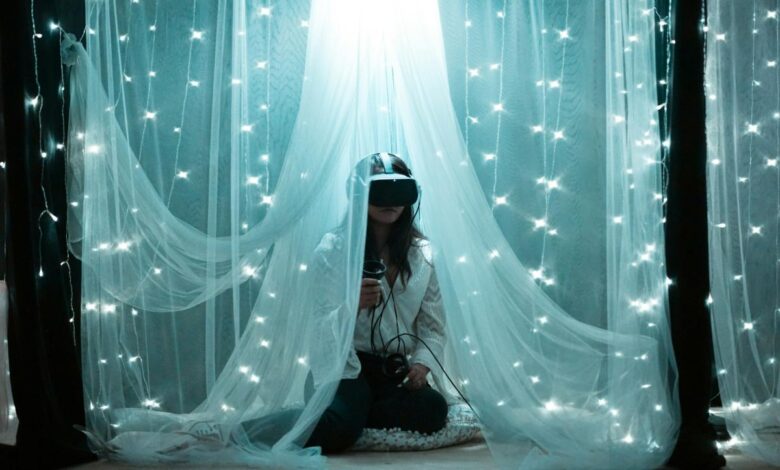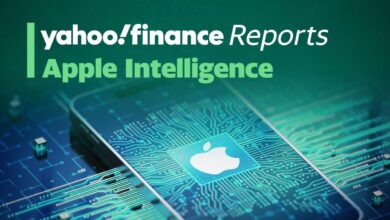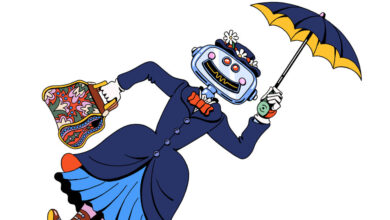Young Reporter:The Dilemma of Artificial Intelligence. Gisèle Way, SJS

Artificial intelligence (AI) is pervading our lives, from the Alexa in our living rooms to the AI used in medical imaging analysis and your very phone. While AI has catalysed growth in efficiency with virtual assistants like Siri and has helped eliminate human errors in medical analytics, it has also raised concerns about job displacement, bias, and a draining culture.
It is evident that AI is starting to threaten jobs such as production workers, bank tellers and fast food workers, among others with repetitive tasks. While this trend may reduce the employment rate and place an unfair weight on individuals who have had fewer opportunities to find a secure career, it raises concerns that society may lose its cultural core, especially with the threat to authors and artists.
Amongst this, some are starting to speculate that AI might affect the ambition of students who aspire to be the next big idol, as AI may take over these creative thresholds. Which could discourage students from pursuing fields outside of STEM subjects, therefore stifling individual aspirations and creativity. This also creates a withering image of subjects that often focus on exploring and understanding the human experience, emotions, and thoughts, leading to anticipation that the future may chip away at the importance of human understanding.
With the bias of Artificial Intelligence also reaching acknowledgement, we see the jeopardy in what can occur if AI starts to interweave in judicial and political matters. Artificial bias is the occurrence when AI is either coded or trained unintentionally/intentionally to have a bias image to race, sex, age, disability, ect. This especially raises concerns about the rapid growth of AI and the potential for incidents like the ‘Microsoft’s AI chatbot, Tay (2016)’.
Nevertheless, AI could also be a force for good with progress like quantum computing which could solve the periling climate crisis other aspects of AI would lead to maximum productivity and efficiency that some may argue, lead us to be more creative in not worrying about fulfilling the repetitive duties. AI can significantly help towards decision-making making and ensure that we can orchestrate the best outcomes for society, Artificial intelligence has the capacity to analyse data thoroughly, and it can provide valuable insights into decision-making and allow humans to specify the details. AI additionally whilst improving efficiency can help with the safety of each individual, especially toward security with monitoring cybersecurity.
Finally, whilst the bias of AI does trigger apprehension, AI can also provide incredible assistance to those with disabilities as software is made with speech recognition, natural language processing and educating those who didn’t have the opportunity to prior.
Regardless of the challenges mentioned, AI is becoming further apparent, and we must embrace the positive aspects while addressing its drawbacks. We must find ways to integrate our culture into AI technology.



